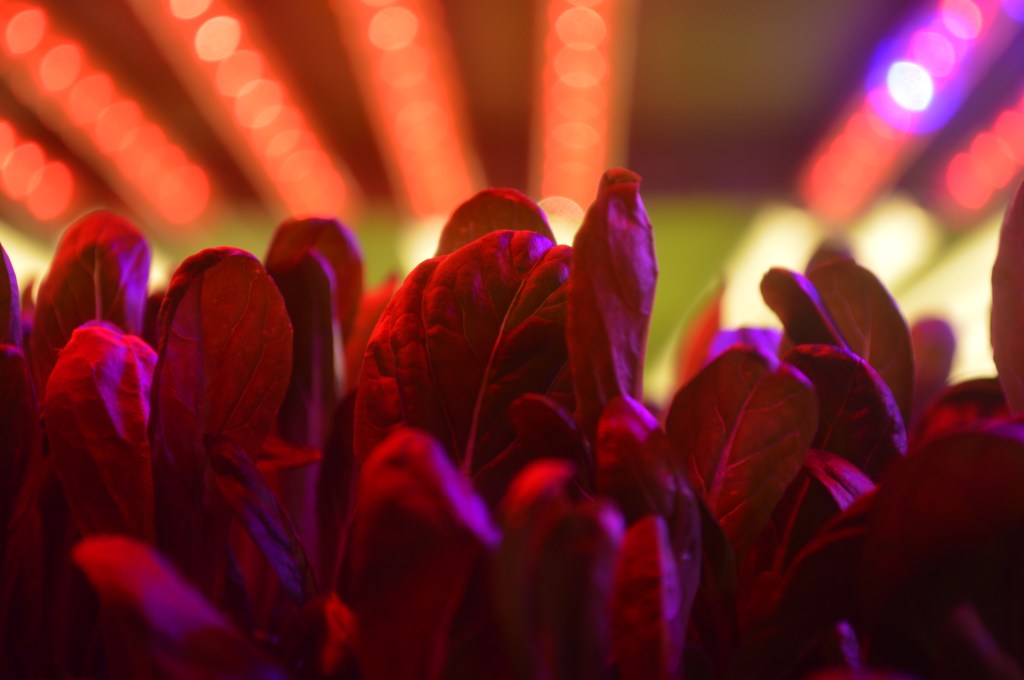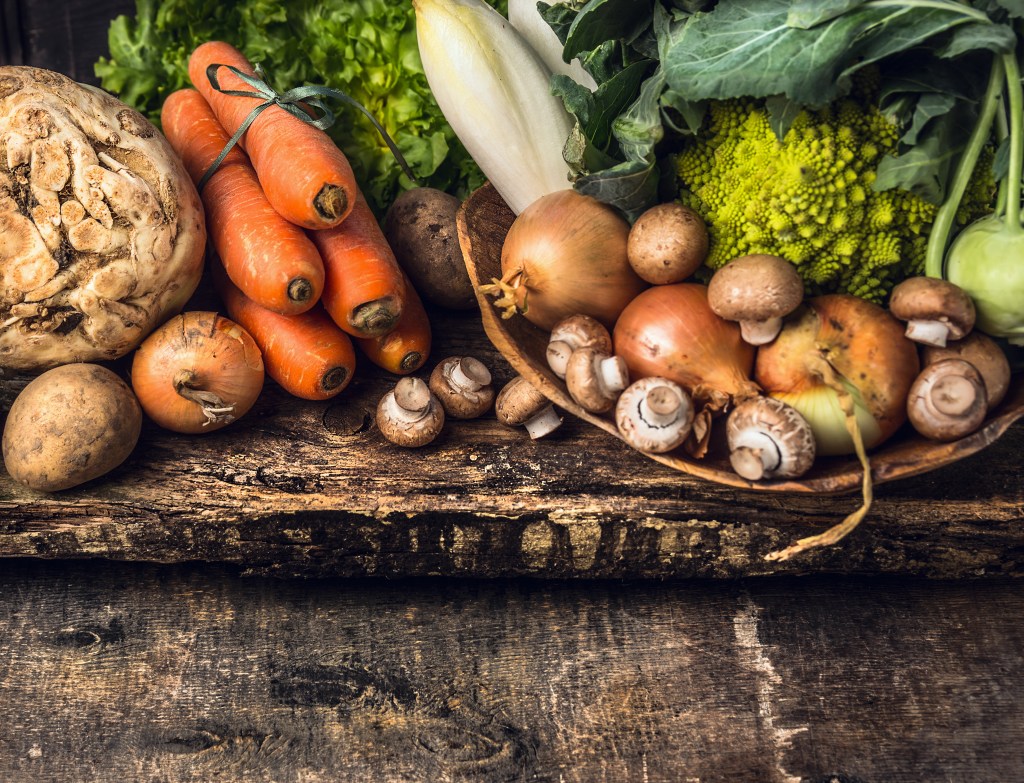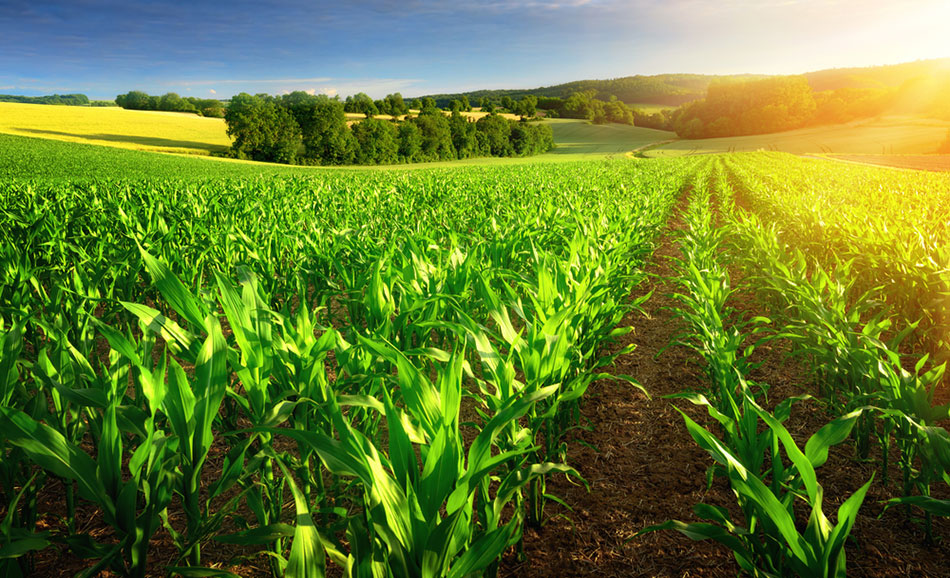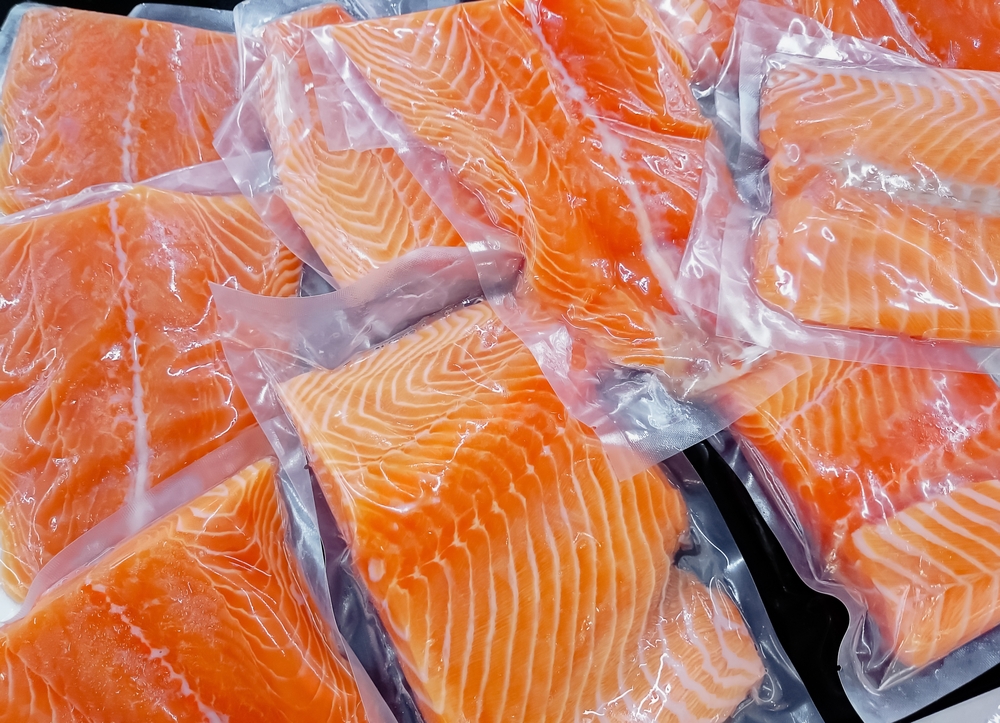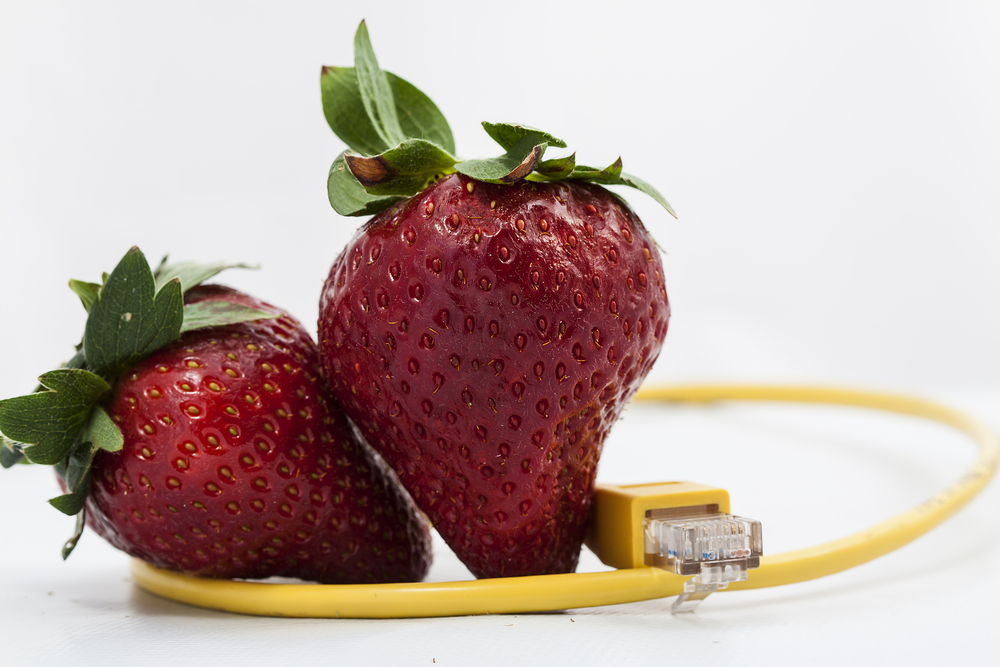Food & Agriculture
Why ShopRite and Compass Group have a taste for urban farming
No longer underground, vertical farms, rooftop gardens and aeroponics are moving beyond their roots to whet the appetites of corporate food giants. Read More
Dirt Capital seeds financing for ecological farms
Former Goldman Sachs real estate developer pivots to help small sustainable farmers buy land. Read More
Cut the beef — for health, for the environment and, er, for business?
A new study finds surprising benefits of reducing beef consumption. Read More
Cargill's Jill Kolling on the Midwest Row Crop Collaborative
The ag giant is teaming up with PepsiCo, Kellogg, General Mills, Monsanto and Walmart. Here's why. Read More
PepsiCo, Cargill, General Mills, others form row crop collaborative for sustainability
They join Kellogg, Walmart, Monsanto and three environmental conservation organizations to support sustainable farming practices on the corn, soy and wheat fields of the Midwest. Read More
Arby's serves up its first CSR report; here's the beef
The fast food sandwich chain, under new management since 2013, talks about its efforts to conserve energy and water and contribute to hunger relief, as it dips a toe into corporate social responsibility reporting. Read More
Greenpeace takes aim at not-so-sustainable seafood
Sodexo and Aramark lead off a less-than-glowing analysis of the state of sustainable seafood. Read More
8 food data companies to watch
What happens when you combine Big Data and the push for more sustainable food systems? Read More
Pollinator loss in the vineyards, and what some are doing about it
Some vineyards are avoiding the chemicals that cause bees to lose their appetite or have no place to pollinate. Read More
Can high-tech bacteria make fish farming more sustainable?
A methane-eating bacteria could create the basis for new fish feed that doesn't rely on soy or corn. But that doesn’t make it a silver bullet. Read More
